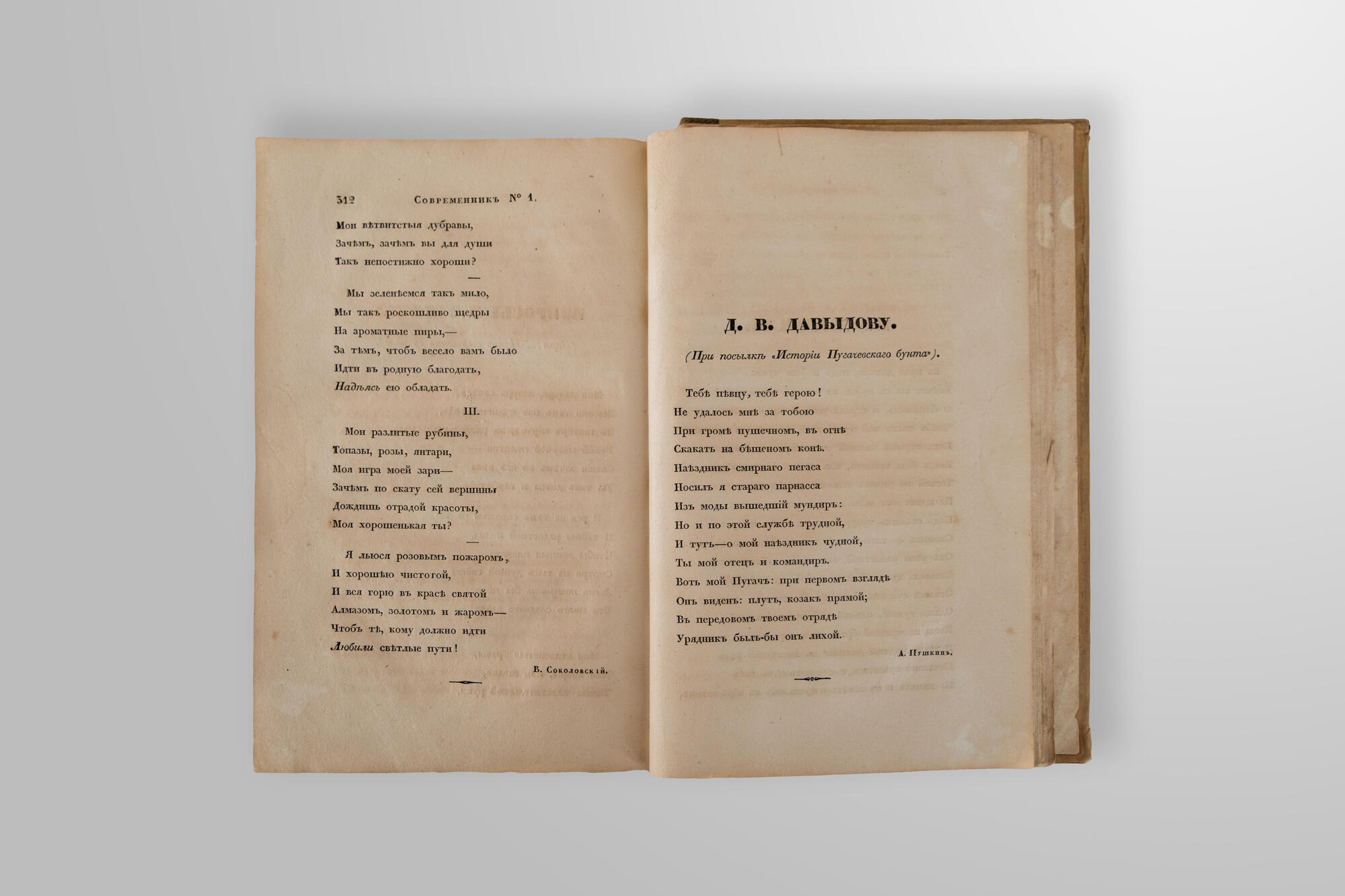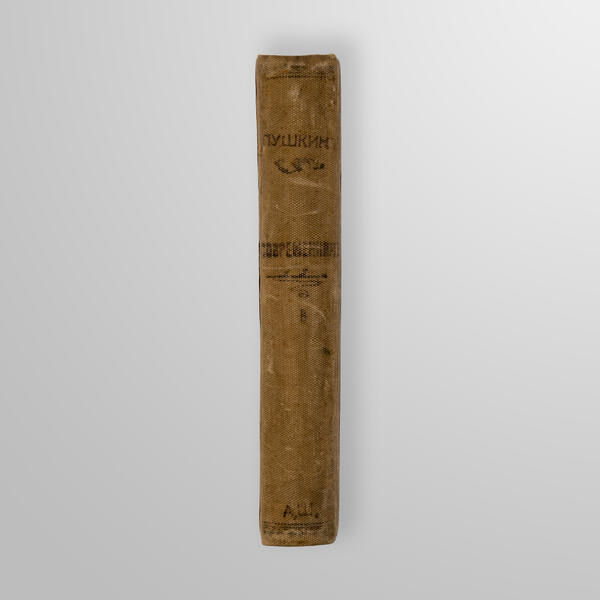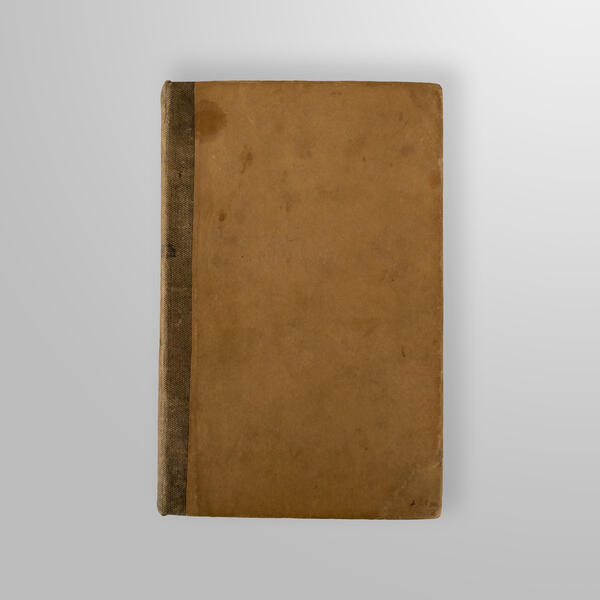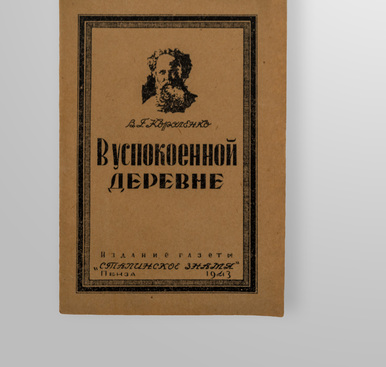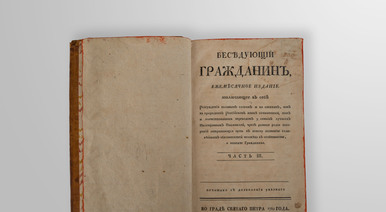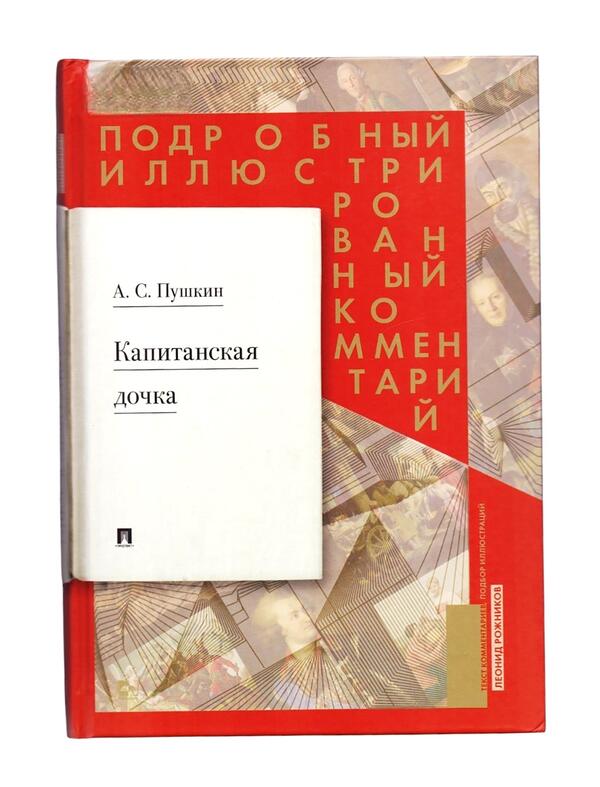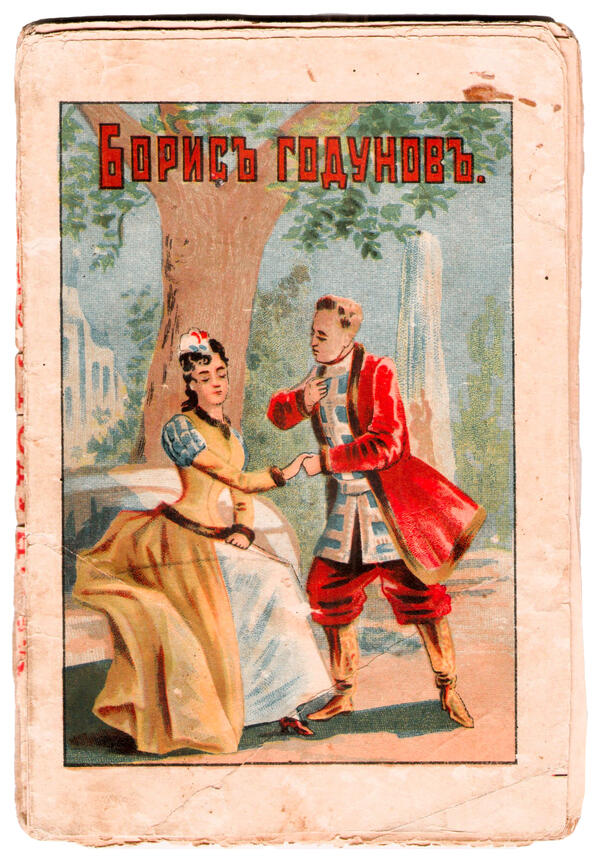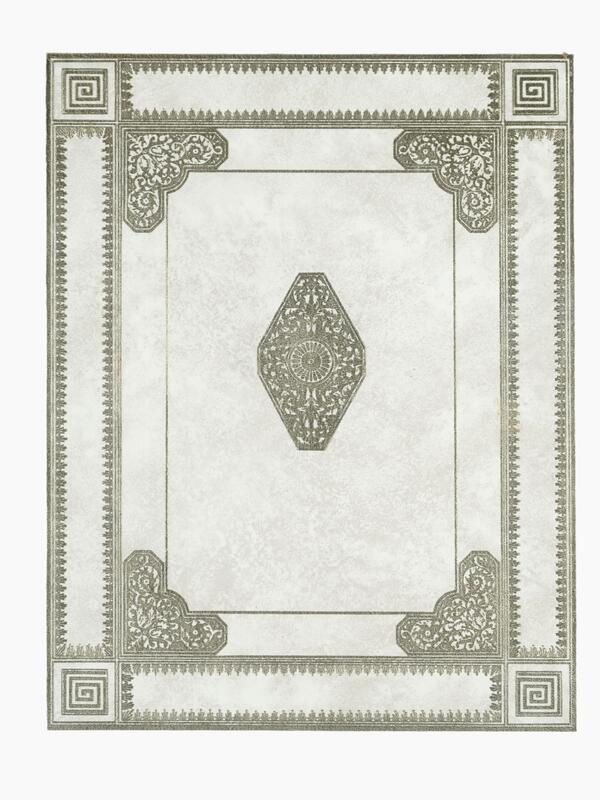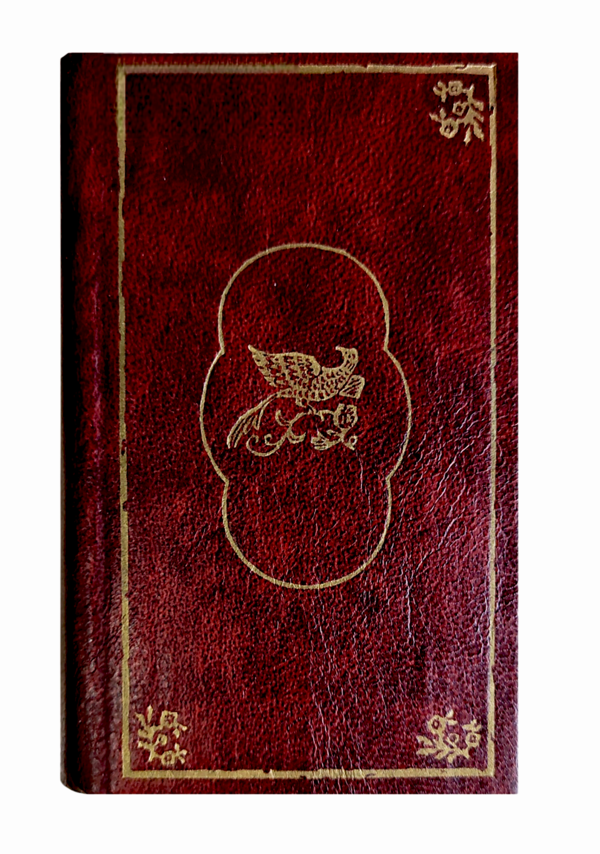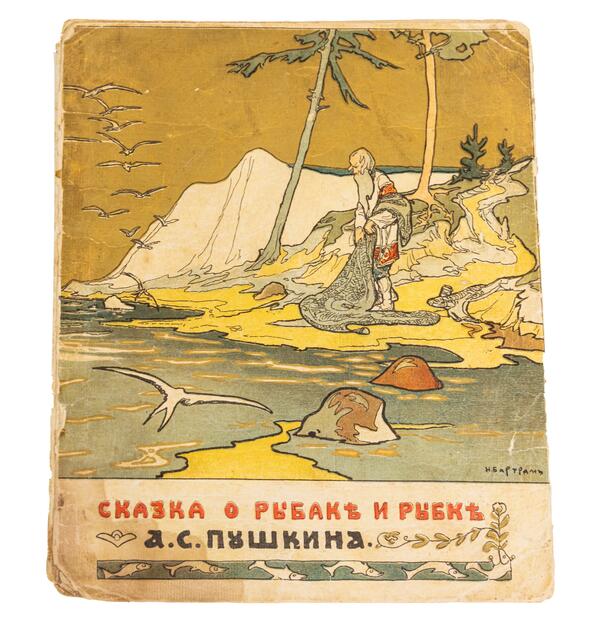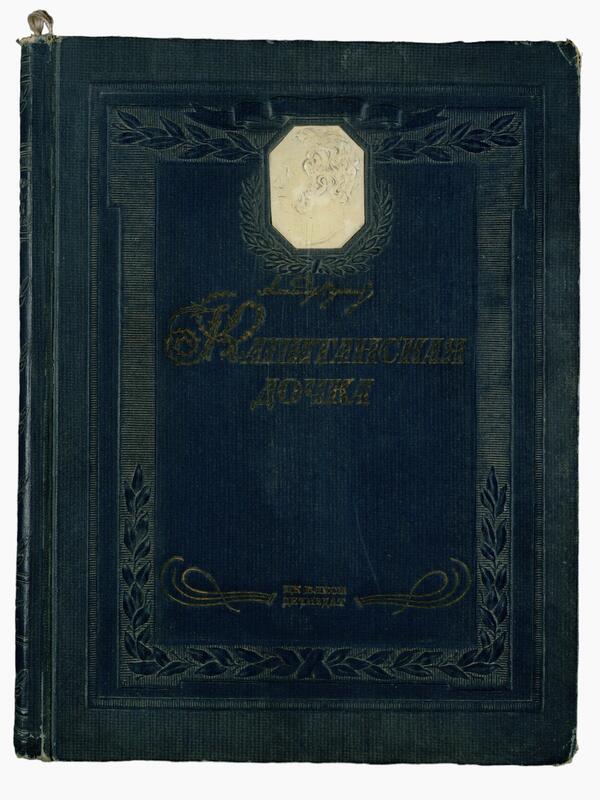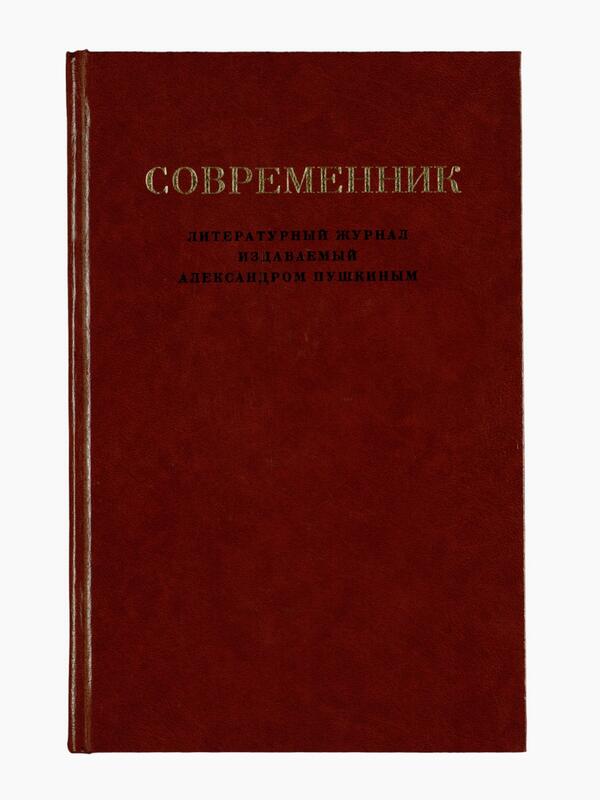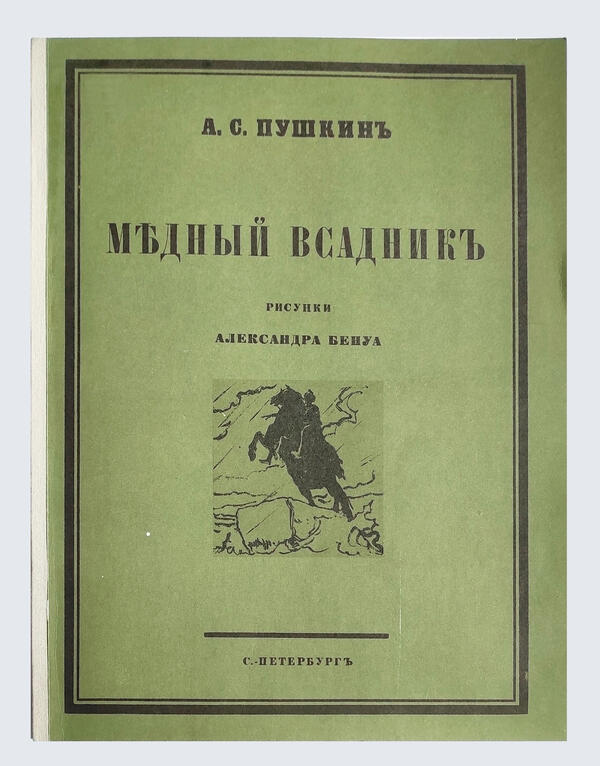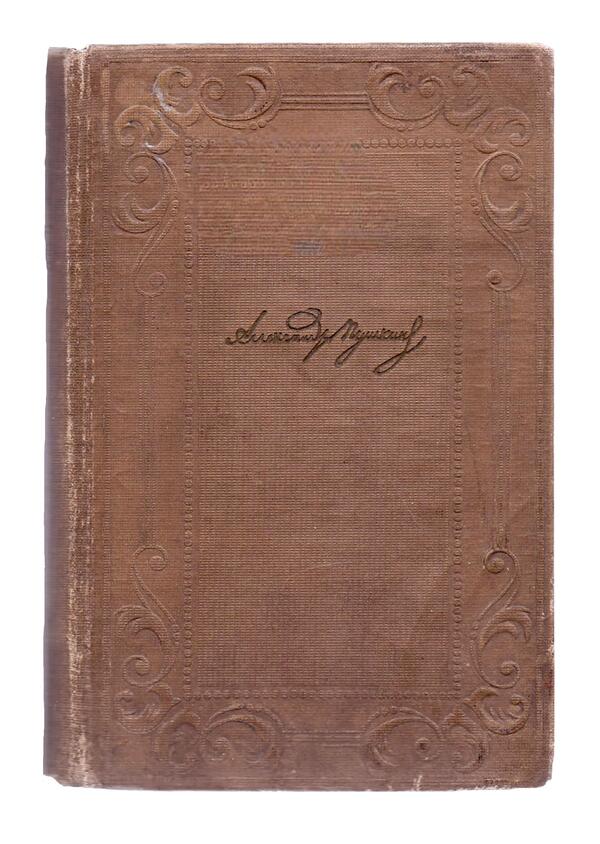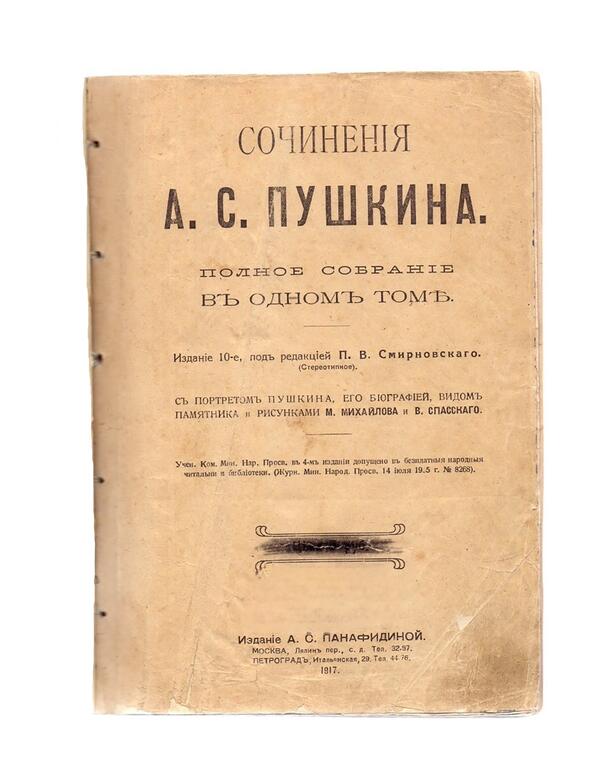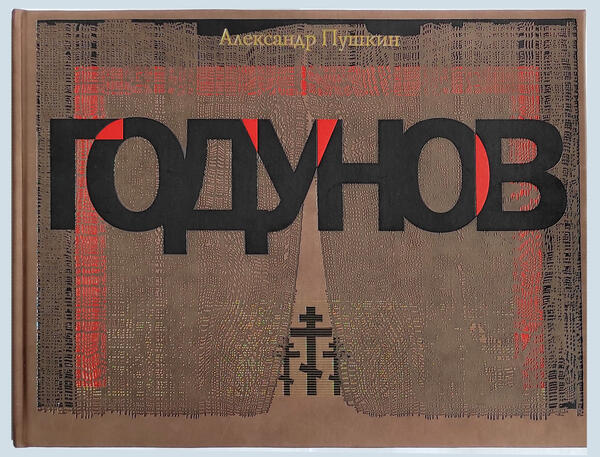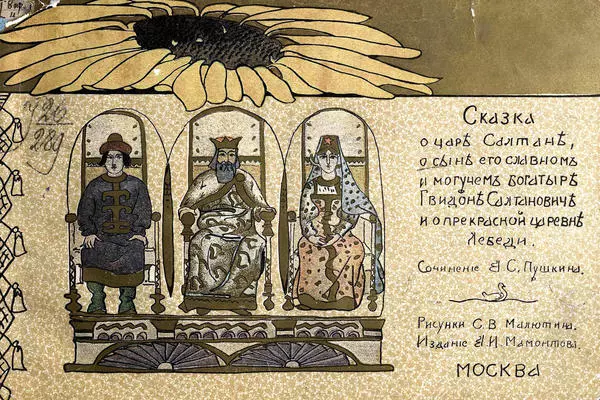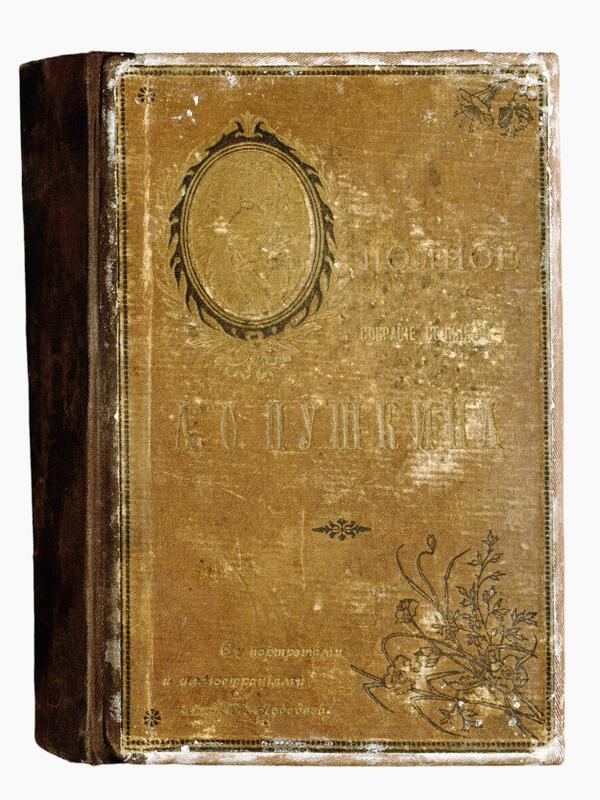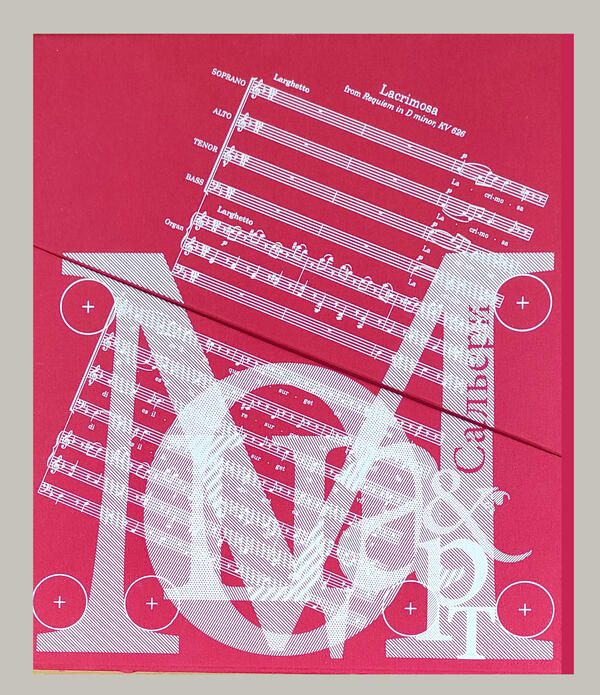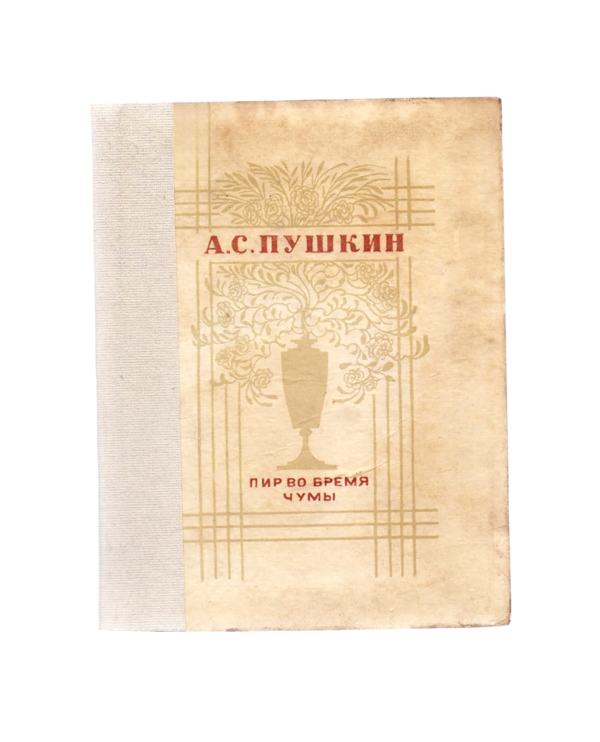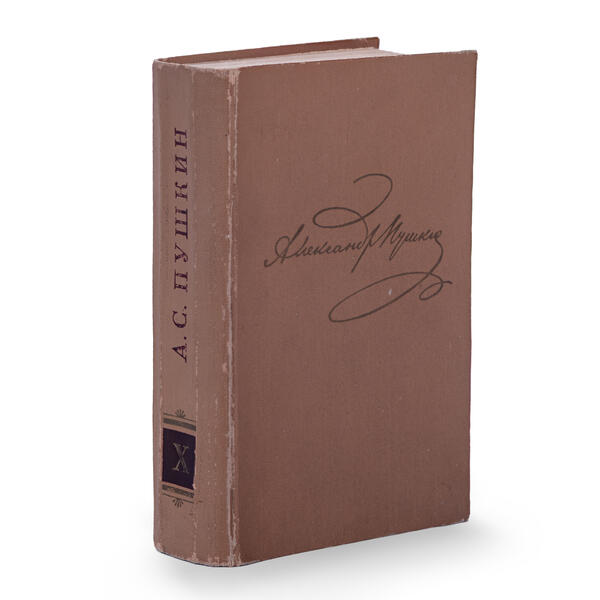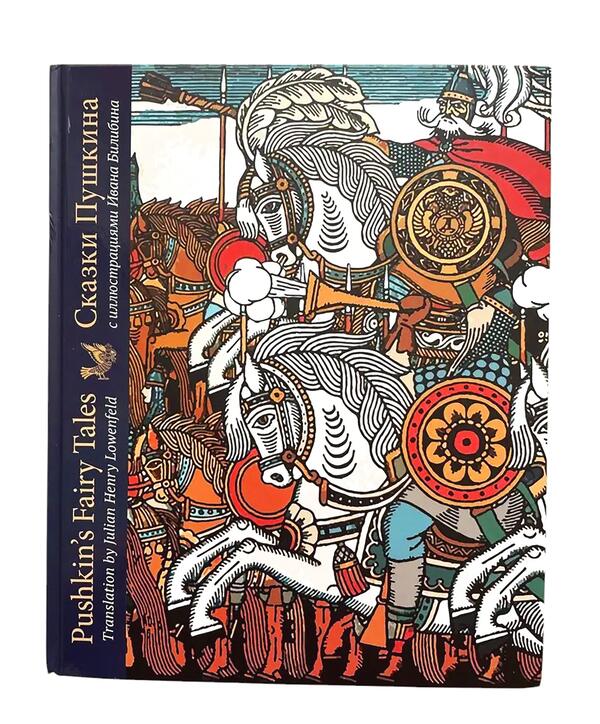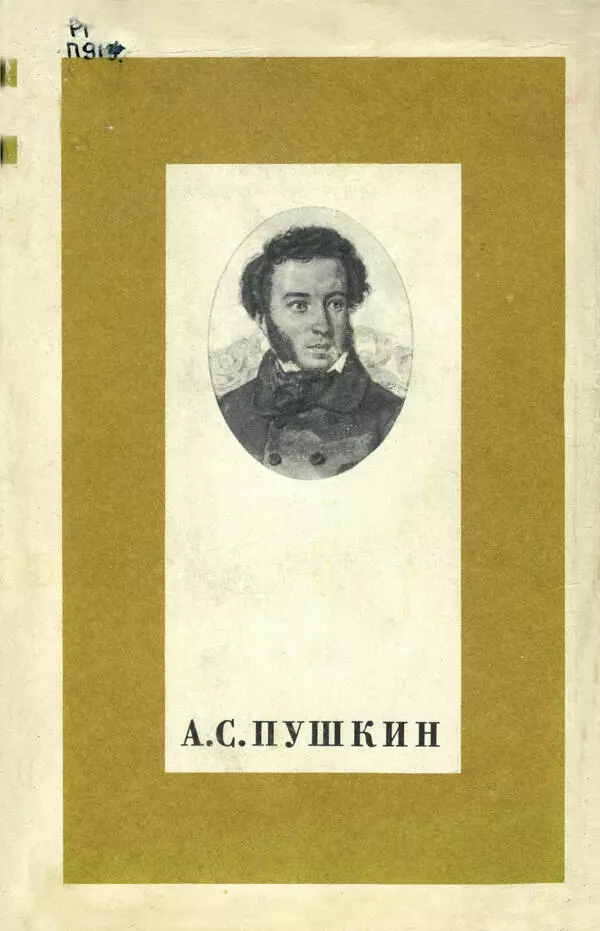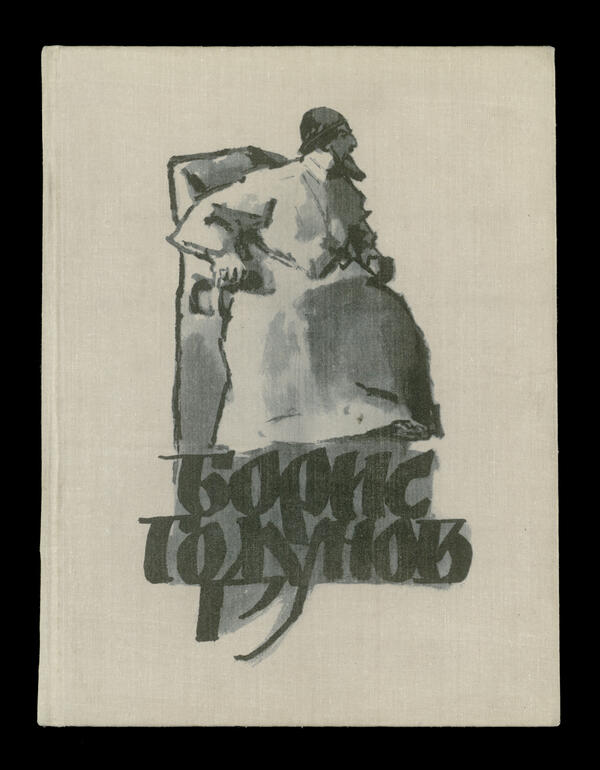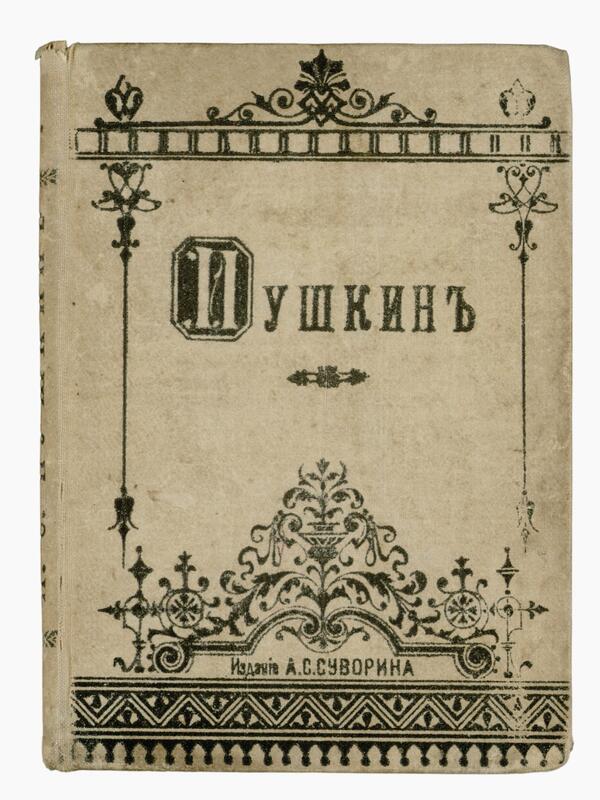The fifth 1837 issue of the Sovremennik literary magazine was the first publication that came out after the death of Alexander Pushkin. It was edited by Prince Pyotr Vyazemsky, Vasily Zhukovsky, Andrey Krayevsky, and other writers. This issue also debuted Alexander Pushkin’s poem dedicated to Denis Davydov.
Pushkin sent the poem to Davydov together with “The History of Pugachev’s Rebellion” — his book that explored the events of the Peasants’ War of 1773–1775 and was published in December 1834.
Denis Davydov enjoyed great popularity among the first lyceum graduates. Alexander Slonimsky, a scholar of literature and Pushkin’s works in particular, pointed out that the influence of Davydov’s poetry, “simple, direct, and sparkling with some energetic phrases from folk speech, ” is noticeable in Pushkin’s poems, including “The Feasting Students” (the verse dedicated to Ivan Malinovsky), “Epistle to Yudin”, and “The Cossack”. According to the researcher, what Pushkin most appreciated in his older colleague was “the absence of anything artificial, ostentatious, or pretentious — basically anything that he would later define as ‘zierlich manierlich’ [from the German ‘graceful’ and ‘mannerly’]”.
In his poem, Alexander Pushkin both sang praises to his friend and empathized with the character of his own novel, whom he imagined at an advanced partisan detachment.
In the late 1820s — early 1830s, Denis Davydov often came to the outskirts of Penza from his Simbirsk estate Verkhnyaya Maza to visit his friend and fellow officer lieutenant Dmitry Beketov. The reason for his frequent visits was Beketov’s 23-year-old niece Yevgenia Zolotaryova, who became the poet’s last muse. Davydov wrote to Alexander Pushkin about his newly found love and creative inspiration, “I used to think that the common sense… had suppressed any poetry that there ever was in my heart; however, I was mistaken.”
Accounts of Penza provincial life are also found in
Davydov’s letters addressed to Prince Pyotr Vyazemsky. In his letters, Denis
Davydov described endless receptions, dances, concerts, plays, and rides, and
stated that St. Petersburg had never seen as much fun as Penza. After he
stopped visiting Penza, he recalled “the happy days” spent there.
